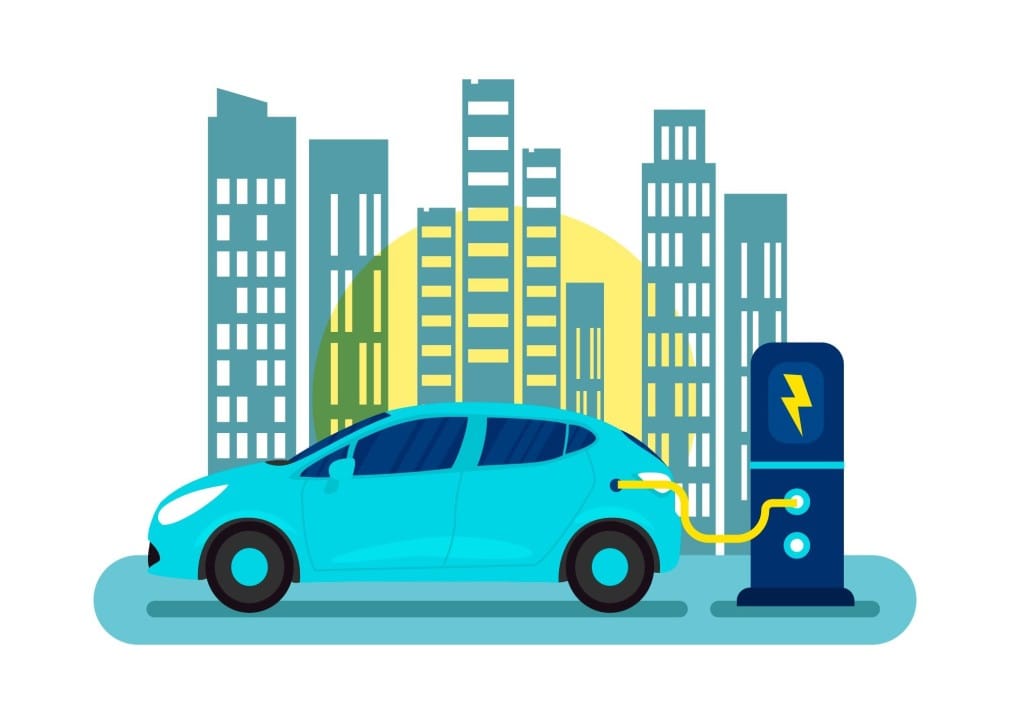Emerging EV Brands Globally: Shaping the Future of Electric Mobility.
The electric vehicle (EV) market has grown tremendously, spurred by technological advancements, environmental policies, and consumer demand for sustainable transportation.


The electric vehicle (EV) market has grown tremendously, spurred by technological advancements, environmental policies, and consumer demand for sustainable transportation.
While legacy automakers like Tesla, Nissan, and Volkswagen continue to dominate the electric car space, a wave of emerging EV brands is challenging the status quo with innovation, affordability, and bold visions for the future.
These new entrants are not only increasing competition but are also reshaping the global EV market landscape.
1. BYD (China): A Rapid Global Expansion
BYD (Build Your Dreams), based in China, is one of the fastest-growing EV manufacturers globally. Originally focused on batteries, BYD shifted to producing electric cars and is now one of the world’s largest EV producers.
The brand's strength lies in its vertical integration—designing and manufacturing everything from batteries to semiconductors. BYD's lineup includes the popular Han and Atto 3 models, offering a range of affordable and high-spec electric vehicles.
The company has made significant strides in markets like China, Europe, and Latin America, aiming to become a key player in the global EV ecosystem.

2. XPeng (China): Tech-Driven Innovation
XPeng, another Chinese automaker, distinguishes itself through its focus on high-tech features, autonomous driving capabilities, and smart connectivity.
The company is targeting tech-savvy consumers with models like the XPeng P7 and G9. XPeng has invested heavily in autonomous driving research and has been rolling out advanced driver-assistance systems (ADAS) to rival Tesla's Autopilot.
The company also expands internationally, with plans to enter European markets and further develop its EV charging infrastructure.
3. Rivian (USA): Adventure-Oriented Electric Vehicles
Rivian, an American startup, has captured attention with its rugged, adventure-oriented EVs. Its flagship models, the R1T (electric pickup) and the R1S (SUV) cater to consumers seeking performance, utility, and sustainability in one package.
Rivian's emphasis on outdoor activities and eco-consciousness resonates with environmentally aware customers.
The company has also secured significant backing from Amazon, which ordered 100,000 electric delivery vans as part of its commitment to reducing its carbon footprint.
4. Lucid Motors (USA): Luxury EVs with Extended Range
Lucid Motors, another emerging player from the U.S., focuses on luxury electric sedans that boast extended driving ranges and advanced technology.
Its Lucid Air model has been lauded for its long-range battery, with certain variants offering over 500 miles on a single charge—outperforming many competitors, including Tesla.
Lucid's goal is to challenge traditional luxury brands like BMW and Mercedes-Benz by offering electric alternatives that are sleek, sustainable, and technologically advanced.
5. NIO (China): Pioneering Battery Swapping
NIO, a leading Chinese EV manufacturer, stands out for its innovative battery-swapping technology, which allows users to exchange depleted batteries for fully charged ones in just a few minutes.
This eliminates concerns about long charging times and range anxiety. NIO’s lineup includes models like the ES8 and ET5, which offer premium features at competitive prices.
The company has established a strong foothold in China and has begun expanding into European markets, particularly in Norway.

6. Fisker (USA): Sustainable and Stylish
Fisker, led by Henrik Fisker, is another rising star in the EV space. The company is preparing to launch its flagship model, the Fisker Ocean, an all-electric SUV that focuses on sustainability.
The Ocean is expected to use recycled materials in its interior and features a solar roof to boost efficiency.
Fisker aims to capture a portion of the growing demand for eco-friendly SUVs, and with a relatively affordable price point, the company is positioning itself to compete with Tesla’s Model Y and other mid-tier electric SUVs.
7. VinFast (Vietnam): Vietnam's First Global EV Brand
VinFast, based in Vietnam, is quickly gaining momentum as the country’s first major EV manufacturer.
The company’s rapid development of electric vehicles, such as the VF8 and VF9 SUVs, demonstrates its ambitions to compete on the global stage.
VinFast is already making moves in North America and Europe, building factories and setting up distribution networks to cater to these competitive markets.
The brand also highlights Vietnam’s growing role in the global shift toward electric mobility.
8. Polestar (Sweden): Scandinavian Design Meets Sustainability
Polestar, originally a performance sub-brand of Volvo, has evolved into a standalone EV company.
The brand focuses on high-performance electric vehicles with Scandinavian-inspired design and a strong emphasis on sustainability.
The Polestar 2, a luxury electric sedan, has received positive reviews for its blend of performance, design, and environmental credentials.
Polestar is aiming to become a global leader in sustainable mobility by integrating eco-friendly materials and manufacturing practices into its production process.

Global Market Outlook for Emerging EV Brands
As emerging EV brands continue to grow, they are reshaping the global electric vehicle landscape.
These companies bring innovation, affordability, and new business models, such as battery-swapping and direct-to-consumer sales, that challenge traditional approaches to vehicle production and sales.
With increasing governmental pressure to meet emissions targets, investments in charging infrastructure, and a rising demand for eco-friendly transportation, the future for these emerging brands looks promising.
In many cases, these startups are leveraging unique features—be it autonomous driving, sustainability, or affordability—to differentiate themselves and compete against more established automakers.
Challenges Ahead
Despite their growth, these brands face challenges in scaling production, meeting regulatory standards in multiple markets, and addressing consumer concerns about EV range, charging availability, and resale values.
However, continued advancements in battery technology, partnerships with tech companies, and innovative business models could help these emerging brands overcome these obstacles.
Conclusion
Emerging EV brands are not only making electric vehicles more accessible and affordable but are also driving technological and design innovations that are critical to the future of sustainable transportation.
As these companies continue to scale up and expand into new markets, they are set to play a key role in the ongoing electrification of the global automotive industry.




